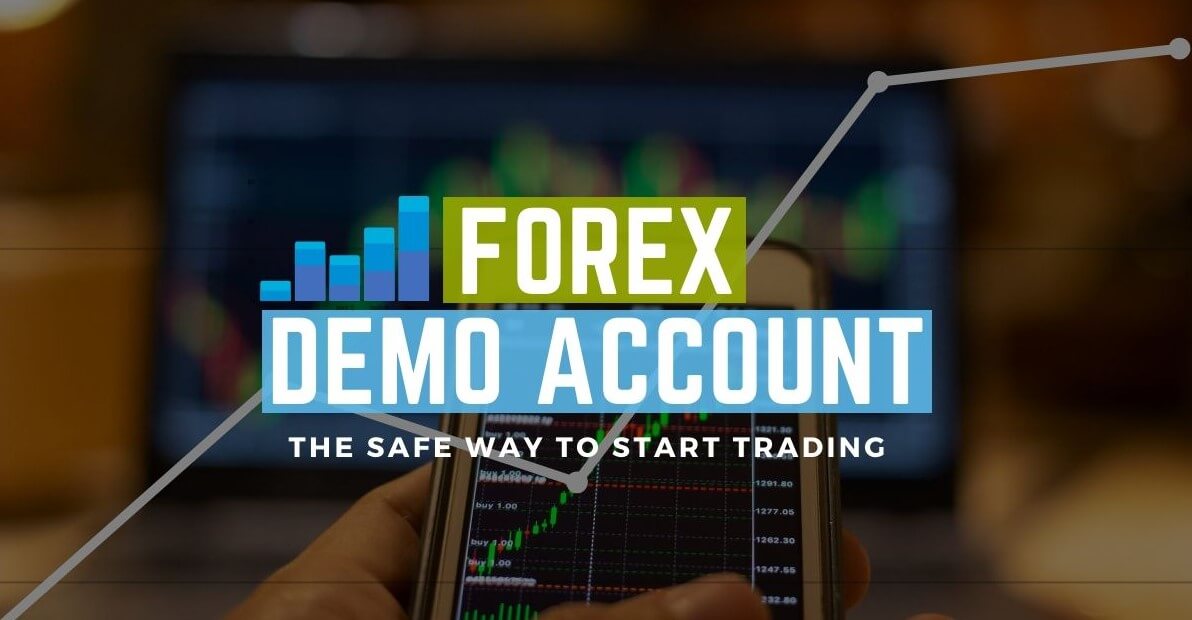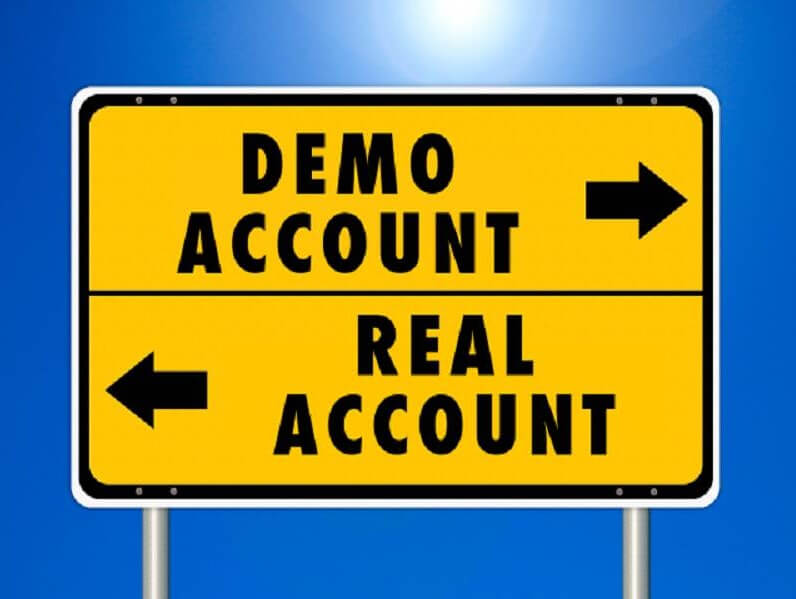For any aspiring forex trader, a demo account is one of the best hands-on tools available. These accounts allow one to really become acquainted with the market and their chosen trading platform in the beginning, and can even be used to test strategies later on. While demo accounts can provide a good idea of whether one is ready to open a real account or give a general idea of how well a new strategy will work, they do come with one major fault in that some people just don’t take them seriously. After all, you’re only trading with fake money, so the psychological aspects that come up when real money is on the line are absent.
It’s also easy to become disillusioned with trading on the demo account after some time, as some traders begin to question whether it is even worth their time. It’s important to remember that demo accounts are one of the best tools available, as long as they are taken seriously.
The first thing you can do to gain every potential reward from your demo account is to make yourself feel the pain when you lose money. As we mentioned, one of the downfalls of the demo is that there is no real money on the line and the trader has nothing at stake. It’s easy to open a new demo if you blow your old one or to ask support to top up the account, whereas the same can’t be said when you’re trading with your real hard-earned money. If you want to make things feel more realistic, try introducing real-world punishments for mistakes or losses taken on your demo account.
If you deviate from your trading plan, force yourself to do 25 push-ups. If you take a loss that could have been avoided, make yourself do a chore that you’re dreading. Or you could take things away from yourself, like dessert. If you know that there are going to be real consequences, your mind will be more focused on your demo account and you will put in every effort, just as you would on a live account.
Another suggestion to help yourself take your demo account seriously is to grade yourself. For some, seeing a high grade can make them feel more motivated and successful. Your grade also gives a general impression of how you’re doing, as you obviously need improvement if you’re coming out with a low grade. You can use a scale of 1 to 10 or go with a scale from 0 to 100, whichever works best for you personally.
When grading yourself, you’ll want to come up with your own system to base the final grade off to avoid self-biased results. Adhering to your trading strategy, managing risk, missed trades, the number of trades you’ve taken, and profits/losses are a few examples of things you could critique.
Although demo accounts offer many benefits, some traders have issues taking their demo trading seriously because there isn’t any real money at stake. Our advice is to introduce real punishments when you have bad demo results and to grade yourself so that you can keep track of your progress. Knowing that you’ll have to clean your house or forgo that piece of cake you’ve been wanting for dessert can be motivating enough to help you trade more seriously while having a final grade to look at will give you a general idea of how your doing, as well as something you can work to improve. If you learn to take your demo account seriously, you’ll reap the many benefits offered by the free simulation tool.





